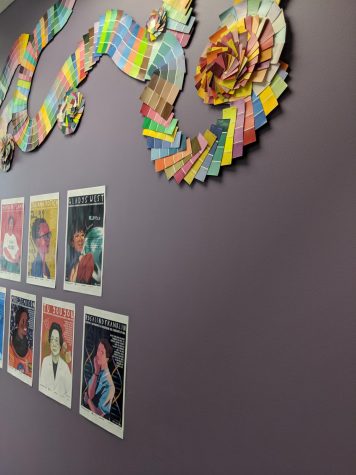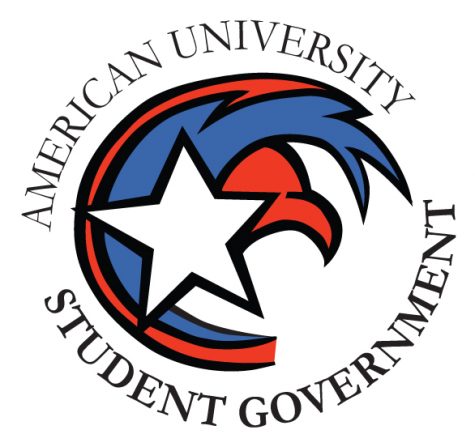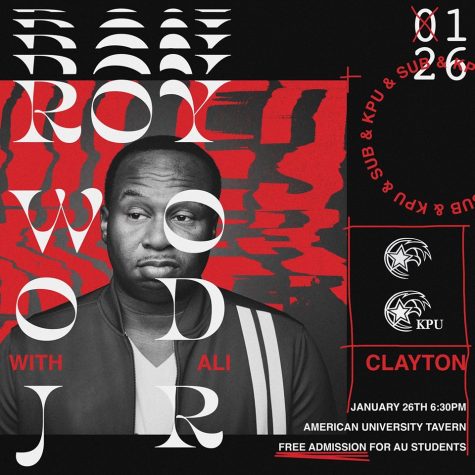Campus Resources for Mental Health: Navigating the Maze
Isabel Zayas is a freshman in the honors program at American University. She’s from Connecticut and is an only child. She likes cats and Kurt Vonnegut. And she has dealt with depression and anxiety issues since she was 13 years old.
“Depression feels like being covered in glue,” Zayas said. “I’m sluggish and slow in everything I attempt to accomplish. Depression, in the throes of it, always feels eternal. But thankfully, it’s not.”
One in five Americans experience some form of mental illness. According to the Substance Abuse and Mental Health Services Administration, these rates are higher among 18 to 25-year-olds. The American Psychological Association reported that 19 percent of millennials have been diagnosed with depression or an anxiety disorder. In 2011, the American College Health Association found that 30 percent of college students felt “so depressed that it was difficult to function.”
The Jed Foundation, an organization that works to promote the mental health of and prevent suicide among college students, found that half of college students in America have, at some point, had suicidal thoughts. Suicide is the third leading cause of death for students on college campuses, according to the National Alliance on Mental Illness.
In 2011, the American College Health Association found that 30 percent of college students felt “so depressed that it was difficult to function.”
With these numbers in mind, many institutions work to provide resources for students. The AU Counseling Center provides services to its at-risk population, offering group and individual counseling.
Group therapy sessions are geared toward specific issues, such as sexual assault, stress management and understanding oneself and relationships with others better.
Individual therapy works differently, according to Amanda Rahimi, the assistant director for outreach and consultation at the Counseling Center.
“The Counseling Center provides time-limited individual counseling,” Rahimi said. “Oftentimes students will come in with concerns that are a really good fit for that, so they will maximize the six to eight sessions here and be able to get a lot of benefits.”
Because many still need assistance after maxing out the individual appointments available, the center frequently works to assist students in finding off-campus community providers who fit their mental health and financial needs.
“There are some students who come in with concerns that would be best addressed by longer-term therapy, and those are the students we are referring to off-campus providers,” Rahimi said. “We have a huge referral database and we can tailor recommendations to the students’ needs. Whatever their wishes are we probably have a person for them.”
Though the center offers walk-in appointments from 3 to 5 p.m. on weekdays, it is difficult to meet every student’s needs. In some cases, students have a hard time finding a time they can meet with a clinician.
Zayas describes having a similar experience when she felt she needed professional mental health care in November 2014.
“When I called them and said I wanted to make an intake appointment, they suggested a date that was three weeks away,” she said. “I decided I wasn’t going to do that and found somewhere off-campus who [sic] took my insurance.”
Zayas says she is lucky that her mother is a psychiatrist and has more than four years experience navigating therapy options.
Because the Counseling Center cannot meet all students’ needs, some students and student organizations are stepping up to fill whatever gaps they can, while also attempting to change the stigma around mental illness.
Zayas decided to get involved in the campus conversation around mental health. She found her niche within Active Minds, a student organization dedicated to mental health awareness and advocacy for AU students. The group uses different strategies, such as the online campaign #selfcaresunday, to reach students. #Selfcaresunday encourages people to tweet about ways they took care of themselves on Sunday.
Active Minds has also expressed interest in peer counseling programs, like those present at University of Texas at Austin, Stanford, Cornell and Drexel.
“There are already many schools where it’s been successful, whether it’s through a three-pronged approach, like calling, face-to-face crisis counseling and online chat or through some other way,” Zayas said. “That’s something I want to see before I graduate.”
George Washington University has a Peer Educator program that is run through its counseling center. The program is a three-credit course designed to train students to be peer educators in topics related to mental health, physical health and substance abuse. They do not have a formal peer counseling program, though the course’s students do participate in many campus and outreach programs each year.
Developing an effective peer counseling program requires a lot of time and work. Counselors have to be trained and initially supervised. Financial concerns, as well as liability issues, are also factors, which may explain why AU has yet to undertake such an endeavor
“We’re open to the idea, but when it comes to it happening down the line, there’s a lot of factors that are involved in it,” Rahimi said.
However, when it comes to finding programs for university students, outside nonprofits and organizations are available to help provide effective resources.
AU has an online mental health assessment, run through mentalhealthscreening.org. It is a short questionnaire that tells you whether you are at risk for suicide and if you have characteristics of depression, anxiety or post-traumatic stress disorder. It also lists resources and emergency hotlines tailored to the student’s issues.
The Counseling Center also provides workshops and presentations related to stress management, self-care and depression, but could receive funding for additional programs through the American Foundation for Suicide Prevention.
“We cover the costs of these programs, provide promotional materials and can insure everything involved with the community walks,” said Ryan Newcomb, the AFSP national capital area director. “We have the funding, it just takes someone willing to lead the initiative.”
Rahimi believes that outreach is a crucial means of letting students know they are not alone.
“We want people to know that when someone reaches out for help that it means they’re strong and they have courage and not that they’re weak or that there is something that is somehow wrong with them.”






